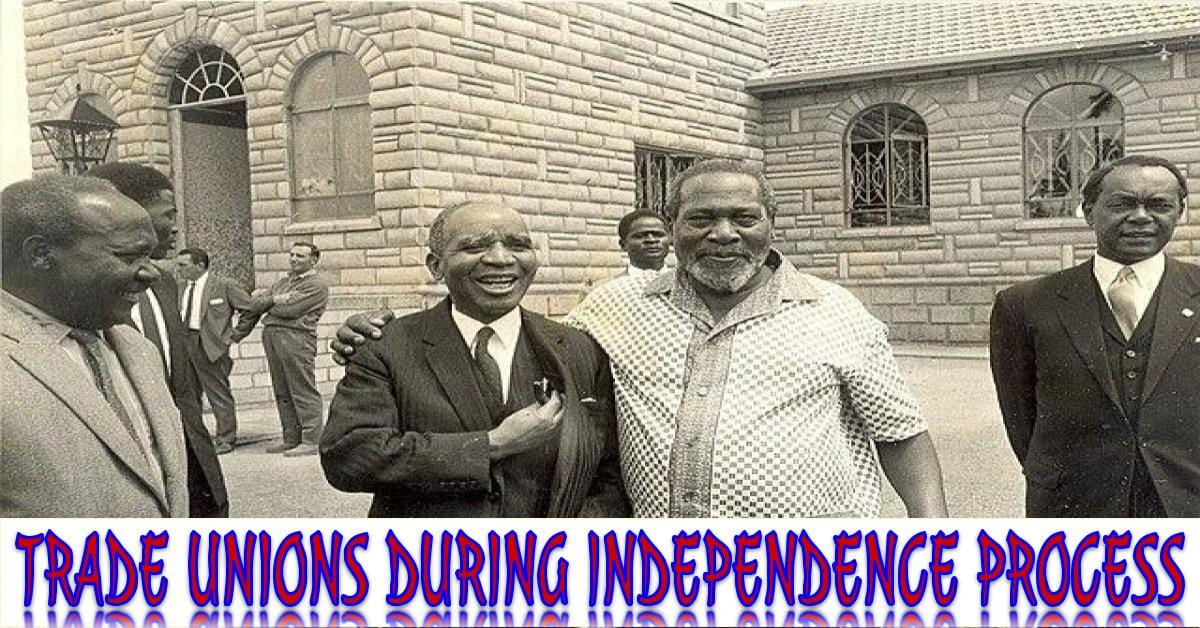🌍 Understanding Colonial Administration: British Methods Unveiled 🏛️
Dive into the fascinating world of British colonial rule in Africa! Learn how the British governed their colonies using Direct Rule and Indirect Rule, and discover why these methods shaped history. 🚀
📖 Introduction to British Colonial Administration
The British Empire used two primary methods to govern its African colonies: Direct Rule and Indirect Rule. Each approach had unique characteristics and impacts on the colonies. Let’s explore these systems, their differences, and their applications in places like Kenya and Nigeria! 🗺️
⚖️ Direct Rule vs. Indirect Rule: What’s the Difference?
Direct Rule 🏰
In Direct Rule, the British took full control of the administration, replacing indigenous political and administrative systems with European ones. 🛠️
- ✔️ European officials directly governed the colonies.
- ✔️ Traditional leaders were replaced or sidelined.
- ✔️ Common in areas with less established local systems.
Indirect Rule 🤝
In Indirect Rule, the British worked through existing African political systems, using local leaders to enforce colonial policies. 🌍
- ✔️ Recognized and utilized traditional rulers.
- ✔️ British officials acted as advisors to native chiefs.
- ✔️ Instructions appeared to come from local leaders.
📊 Infographic Placeholder: Insert a side-by-side comparison infographic showing Direct Rule vs. Indirect Rule, highlighting key differences in governance structure and impact.
🔍 A Closer Look at Indirect Rule
Indirect Rule was a strategic policy championed by Frederick Lugard, British High Commissioner in Northern Nigeria (1900–1906). In his book, The Dual Mandate in Tropical Africa (1922), Lugard described it as a system where:
“The resident acts as a sympathetic adviser to the native chief, on matters of general policy. But the native ruler issues his instructions to the subordinate chiefs and district heads, not as orders of the resident but as his own.”
This approach was widely applied in Kenya and Nigeria, leveraging existing African leadership to maintain control. 🧑⚖️
🎠 Carousel Placeholder: Add a carousel showcasing key figures (e.g., Frederick Lugard) and historical moments related to Indirect Rule in Kenya and Nigeria.
❓ Why Did Britain Choose Indirect Rule?
The British adopted Indirect Rule in colonies like Kenya and Nigeria for several practical reasons. Here’s why: 🧠
-
👥 Limited Manpower
Britain lacked enough personnel to manage all administrative tasks. For example, in Nigeria by 1900, only 42 British officials were available to govern a vast protectorate. -
💰 Budget Constraints
Limited funds from the British government meant relying on existing traditional systems was a cost-effective way to administer colonies. -
🛡️ Reducing Resistance
Using local leaders helped diffuse potential African resistance by making it seem like traditional rulers retained their authority. -
🌟 Proven Success
Indirect Rule had worked effectively in India and Uganda, inspiring its use in Kenya and Nigeria.
🎨 Graphic Design Placeholder: Include a visual timeline graphic showing the adoption of Indirect Rule across British colonies, with key dates and locations (e.g., Nigeria 1900–1906, Kenya).
🎯 Key Takeaways
Understanding British colonial administration helps us grasp the complexities of colonial governance. Here’s what to remember:
- ✔️ Direct Rule involved replacing local systems with European administration.
- ✔️ Indirect Rule leveraged existing African political structures, as championed by Frederick Lugard.
- ✔️ Practical reasons like limited manpower, funds, and the need to reduce resistance drove the use of Indirect Rule.
- ✔️ This system was notably applied in Kenya and Nigeria, shaping their colonial histories.
🚀 Explore More!
Want to dive deeper into colonial history? Check out related topics or share your thoughts in the comments below! 📬
UNLOCKED SELF-ASSESSMENT TEST ON TOPIC
Oops! Unlock More Access Rights:
If you find that you are not subscribed, consider upgrading your account or subscribing to the necessary plan to gain access.
Related Tutorials
- Key South African Nationalists and the Liberation StruggleSouth African Nationalists Key South African Nationalists and the Liberation Struggle Prominent Nationalist Leaders Nelson…
- Key South African Nationalists🧭 Table of Contents Key South African Nationalists 1. Key Figures of South African Nationalism Nelson…
- Nationalism in South Africa: Self Assessment TestUpgrade or Subscribe Oops! Unlock More Access Rights: If you find that you are not…
- Nationalism in South Africa🌍 Nationalism in South Africa The development of nationalism in South Africa was uniquely complex…
- Mozambique Nationalism: Self-Assessment TestMozambique Nationalism Quiz Mozambique Nationalism Quiz 🇲🇿 Test your knowledge about Mozambique’s journey to independence….
- Nationalism in Mozambique: The Long Road to Independence🇲🇿 Nationalism in Mozambique: The Long Road to Independence Mozambique was among the last African…
- Unlock Self-Assessment Test: EMERGENCE AND GROWTH OF NATIONALISM IN AFRICAUpgrade or Subscribe Oops! Unlock More Access Rights: If you find that you are not…
- EMERGENCE AND GROWTH OF NATIONALISM IN AFRICA🌍 EMERGENCE AND GROWTH OF NATIONALISM IN AFRICA Key Factors for the Rise of Nationalism…
- Self-Assessment Test: Constitutional Changes in Kenya Leading to IndependenceKenya Constitutional Changes Self-Assessment Kenya Constitutional Changes Self-Assessment Test your knowledge about Kenya’s journey to…
- Constitutional Changes in Kenya Leading to Independence📜 Constitutional Changes Leading to Kenyan Independence 🇰🇪 The Journey to African Representation in the…
- Women in Kenya’s Independence Struggle👩💼 Women in Kenya’s Independence Struggle A Comprehensive Tutorial on Female Heroes of Freedom 🌟…
- Kenya Federation of Labour🇰🇪 Kenya Federation of Labour 🏛️ History, Achievements, and Role in Kenya’s Independence Struggle 📜…
- The Trade-Union Movement in Kenya🇰🇪 The Trade-Union Movement in Kenya 📜 A journey through the history of workers’ rights…
- Kenya African Democratic Union (KADU)🇰🇪 Kenya African Democratic Union (KADU) 🇰🇪 Safeguarding Minority Interests in Kenya’s Independence Struggle 1960-1964…
- African People’s Party (APP)🏛️ African People’s Party (APP) 📚 Kenya’s Political History Tutorial 1 📖 Introduction & Overview…









